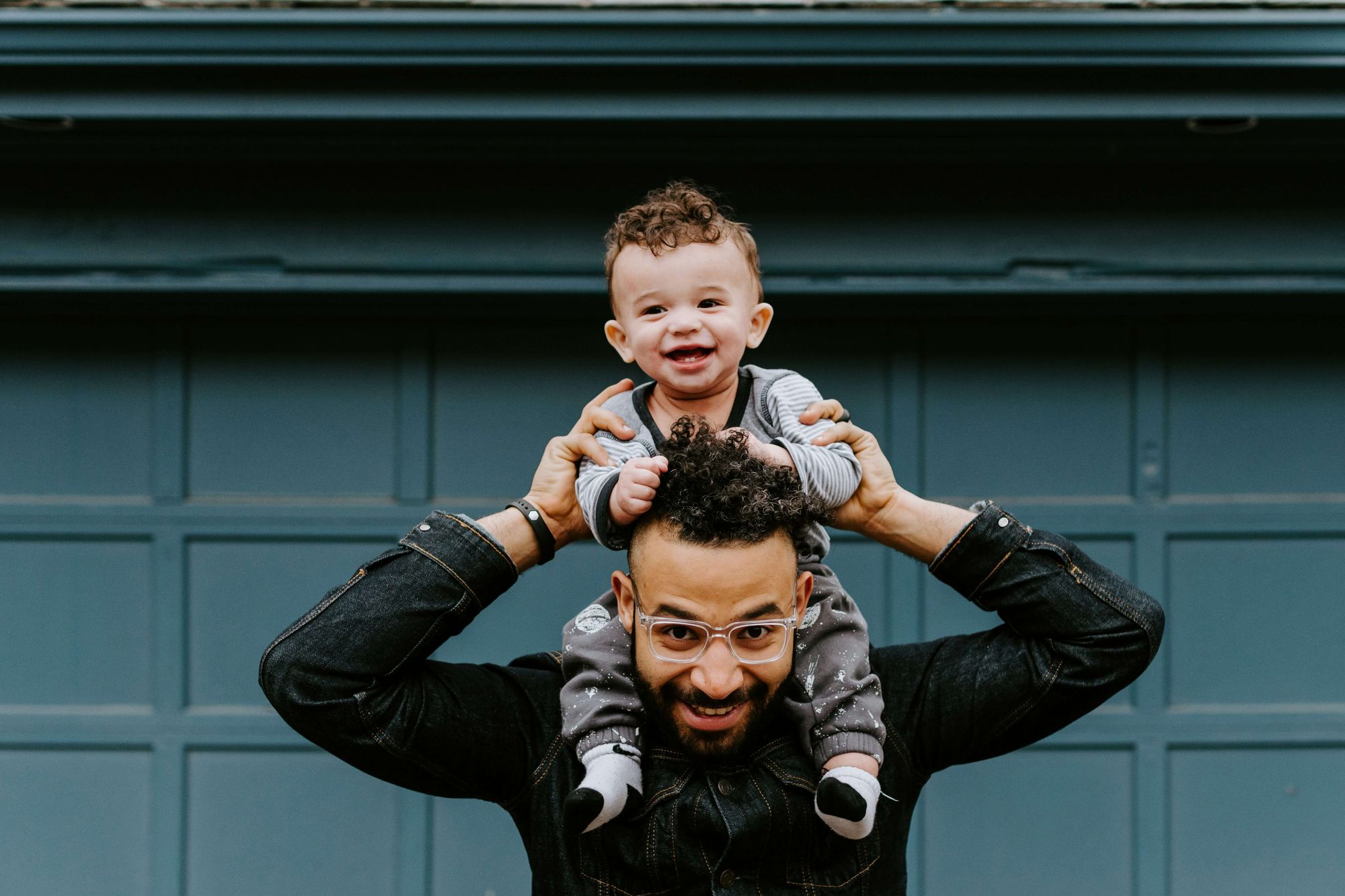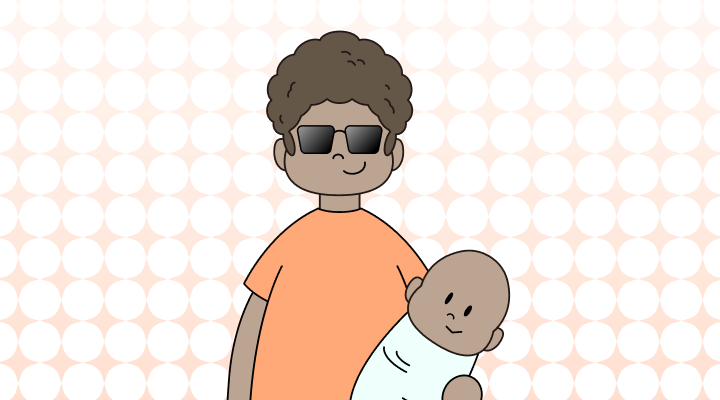- "Dady" is an incorrect spelling of the word "daddy."
- "Daddy" is a casual and affectionate name that children often use to address their father.
❌ We surprised Dady with a homemade card for Father's Day.
✅ We surprised Daddy with a homemade card for Father's Day.
What does "daddy" mean?
"Daddy," a noun, is an informal term that children call their father. It's a familiar and affectionate term used within families, conveying a sense of closeness and warmth. It's mainly used by younger kids, and as they get older, it's more common to use "dad" than "daddy."
In some cases, the word "daddy" is used by adults in a playful or affectionate manner to address their romantic partner.
Common phrases using "daddy"
- Daddy's girl/boy: Refers to a child who is particularly close to their father.
- Sugar daddy: A slang term for an older man who provides financial support to a younger person in exchange for companionship or intimacy.
- Daddy longlegs: A type of spider, and also used informally to refer to a crane fly.
- Daddy issues: A colloquial term referring to emotional or psychological challenges stemming from a strained relationship with one's father.
- Daddy day care: Informally refers to a situation where a father takes on the primary caregiving role for his children.

The use of "daddy" and "dady" over time
The Ngram graph below shows how often "daddy" and "dady" have been used from the 1800s to the 2000s. "Daddy" has had a dramatic increase in use in the last 40 years, while its misspelling "dady" has always seen nearly zero use.

How to pronounce "daddy"
In American and British English, "daddy" is pronounced like "da·dee."
These are just the standard pronunciations, and there may be slight variations depending on regional accents and individual speech patterns.
How do you spell "daddy"?
The correct spelling is "daddy": D-A-D-D-Y. Be careful of the double Ds in the second syllable. When used as a name, it should be capitalized. When used as a general term, it should be lower case.
Why would we misspell "daddy" as "dady"?
Simple Typos: It's easy to type the wrong thing, especially when typing quickly or without proofreading. In this case, some people may miss a "d," leading to the misspelling "dady."
Phonetic Confusion: People who are unfamiliar with the spelling of the word may try to spell it like they hear it, using one "d" rather than two.
Enlist the help of an AI proofreader to ensure that your written work has no spelling or grammar errors.
Other common misspellings of "daddy"
- Dadi
- Daddi
- Dadie
Example sentences of the misspelling of "daddy" as "dady"
- The proper way to address your father is by using the correct spelling, "daddy," not the common misspelling "dady."
- When expressing affection for your father, it's crucial to use the accurate term, which is "daddy," not the incorrect form "dady."
- Avoid misspelling family terms, especially when it comes to addressing your father; it's "daddy," not "dady."
- Double-check your writing to ensure you haven't mistakenly used "dady" instead of the correct and widely recognized term, "daddy."
- In informal and familial settings, remember that the appropriate spelling for addressing your father is "daddy," and "dady" is not the correct form.
Example sentences of "daddy"
- My little sister always runs to daddy when she needs help.
- Last night, we watched a movie together with daddy.
- Daddy helped me fix my bicycle when the chain fell off.
- It's a tradition to have a family dinner with daddy every Sunday.
- Daddy is the best at telling bedtime stories with funny voices.
- When I was scared, I would hide behind daddy for protection.
- Daddy taught me how to tie my shoes when I was a little kid.
- This weekend, we're planning a fishing trip with daddy.
- I asked daddy for advice on choosing a birthday present for mom.
- Every morning, daddy makes the best pancakes for breakfast.
🖊️ Aunty or Auntie
🖊️ Understanding "Family's" or "Families"
Synonyms for "daddy"
- Father
- Dad
- Papa
- Pop(s)
- Pa

Want to sound like a native speaker?
Engram’s AI-powered grammar checker makes your English sound like a native speaker’s, suggesting natural English expressions on top of fixing grammar, spelling, punctuation, word order, and vocabulary.

References:














